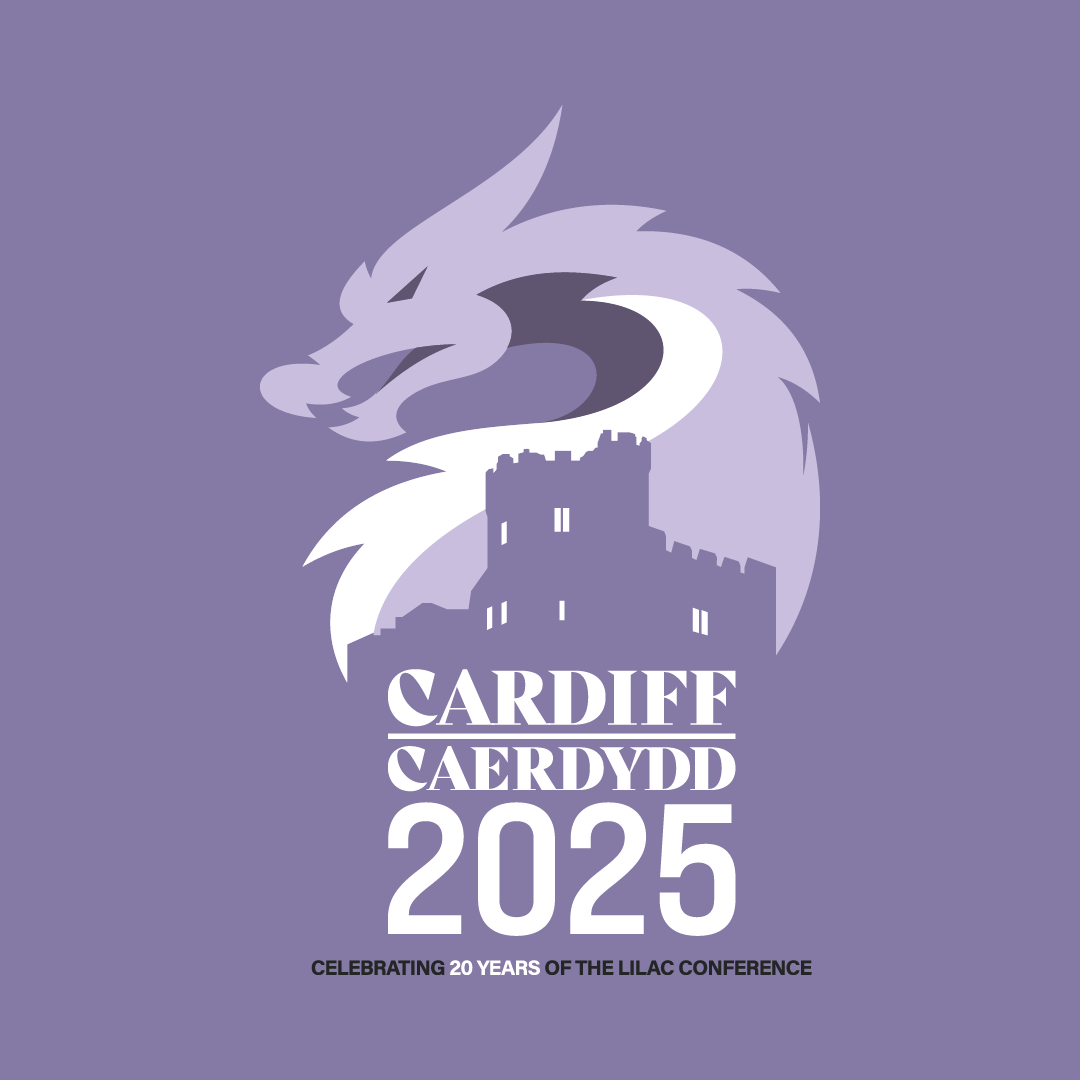Abstract
In recent years much attention has been rightly brought to bear on the systemic inequities inherent in scholarly communications and publishing: barriers for the Global South, unequal access to scholarship, bias in peer review, the politics of citation, and so on. ‘Decolonisation’ has become a buzzword in higher education in the wake of campaigns such as ‘Rhodes Must Fall’ and ‘Why is my Curriculum White?’ Universities have begun initiatives in diversifying reading lists and library collections, designing more inclusive curricula and working to reduce existing awarding gaps.
However, this focus on outcomes rather than process means there has been much less attention paid to the system that arguably underpins the entire ecosystem of research and scholarship - referencing. Even where issues with existing styles are identified, there seems to be little questioning whether the style should be used at all - see for example, attempts to create templates for indigenous knowledge in APA (MacLeod 2021) or the creation of the indigenous University of Ibadan Manual of Style, which bears much similarity to APA and replicates existing formats and their resultant issues.
Gravett and Kinchin have argued that referencing has become "an area of practice imbued with issues of power, identity and non-belonging" (2020, p.84), Angélil-Carter that understanding referencing is key to "understanding of knowledge as constructed, debated and contested" (2000, p.114) - given how closely intertwined the issue of referencing is with scholarly communication, knowledge production, consumption and dissemination, and academic identity and authority, it is vital that we do not ignore this key element of information practice.
This session will draw upon critical information literacy to position referencing styles as another construct of power, exploring how existing referencing styles, originating almost exclusively in Anglo-American contexts, continue to reinforce Western cultural dominance, even whilst efforts are made to address systemic bias inherent in other elements of scholarly research. The session will also question and critique referencing styles’ reliance on ableist ways of knowing and practising scholarship.
It will cover topics such as:
The imposition of Western naming formats and how this particularly disadvantages scholars from China, Japan and Korea (Kim 2018; Qui 2008; Cheng 2012)
Confusions relating to author disambiguation when forcing transliteration of names into English (Strotman and Zhao 2012; Qui 2008)
Evidence demonstrating an ABC v XYZ citation bias (Huang 2015; Stevens and Duque 2019)
Difficulties of name changes, particularly impacting cis married women and transmen and transwomen (Tescione 1998; Pellack and Kappmeyer 2011; Lazet and Watson 2022)
The downgrading of oral or indigenous knowledge by existing practice of referencing under ‘personal communication’ templates (Lipscombe et al. 2021; MacLeod 2021)
Existing attempts to create new citation styles - Nsukka Multidisciplinary Style and University of Ibadan Manual of Style
Rather than a solutions-based discussion, this session will bring thoughts and people together to stimulate conversation across the library and academic sectors on this neglected and hugely important topic.
References
Angélil-Carter, S. (2000). Stolen language? Plagiarism in writing. Harlow, UK: Pearson
Education.
Cheng, T.O. (2012) ‘The continuing confusion in figuring out the surname of a Chinese author — A proposed solution’, Chinese Journal of Integrative Medicine, 18(4), pp. 243–244. Available at: https://doi.org/10.1007/s11655-012-1061-7.
Gravett, K. & Kinchin, I.M. (2020) ‘Referencing and empowerment: exploring barriers to agency in the higher education student experience’, Teaching in Higher
Education, 25:1, 84-97, DOI: 10.1080/13562517.2018.1541883
Huang, W. (2015) ‘DO ABCs GET MORE CITATIONS THAN XYZs?’, Economic Inquiry, 53(1), pp. 773–789. Available at: https://doi.org/10.1111/ecin.12125.
Kim, S. (2018) ‘Disambiguation of Korean Names in References’, JOURNAL OF INFORMATION SCIENCE THEORY AND PRACTICE, 6(2), pp. 62–70. Available at: https://doi.org/10.1633/JISTaP.2018.6.2.5.
Lazet, A. and Watson, B. (2022) ‘The Case for Retroactive Author Name Changes | Lazet | College & Research Libraries’. Available at: https://doi.org/10.5860/crl.83.3.361.
Lipscombe, T. A., Hendrick, A., Dzidic, P. L., Garvey, D. C., & Bishop, B. (2021). Directions for research practice in decolonising methodologies: Contending with paradox. Methodological Innovations, 14(1), 205979912110062. https://doi.org/10.1177/20597991211006288
MacLeod, L. (2021) ‘More Than Personal Communication: Templates For Citing Indigenous Elders and Knowledge Keepers’, KULA: Knowledge Creation, Dissemination, and Preservation Studies, 5(1). Available at: https://doi.org/10.18357/kula.135.
Pellack, L.J. and Kappmeyer, L.O. (2011) ‘The ripple effect of women’s name changes in indexing, citation, and authority control’, Journal of the American Society for Information Science and Technology, 62(3), pp. 440–448. Available at: https://doi.org/10.1002/asi.21469.
Qiu, J. (2008) ‘Scientific publishing: Identity crisis’, Nature, 451(7180), pp. 766–767. Available at: https://doi.org/10.1038/451766a.
Stevens, J.R. and Duque, J.F. (2019) ‘Order matters: Alphabetizing in-text citations biases citation rates’, Psychonomic Bulletin & Review, 26(3), pp. 1020–1026. Available at: https://doi.org/10.3758/s13423-018-1532-8.
Strotmann, A. and Zhao, D. (2012) ‘Author name disambiguation: What difference does it make in author-based citation analysis?’, Journal of the American Society for Information Science and Technology, 63(9), pp. 1820–1833. Available at: https://doi.org/10.1002/asi.22695.
Tescione, S.M. (1998) ‘Research News And Comment: A Woman’s Name: Implications for Publication, Citation, and Tenure’, Educational Researcher, 27(8), pp. 38–42. Available at: https://doi.org/10.3102/0013189X027008038.
